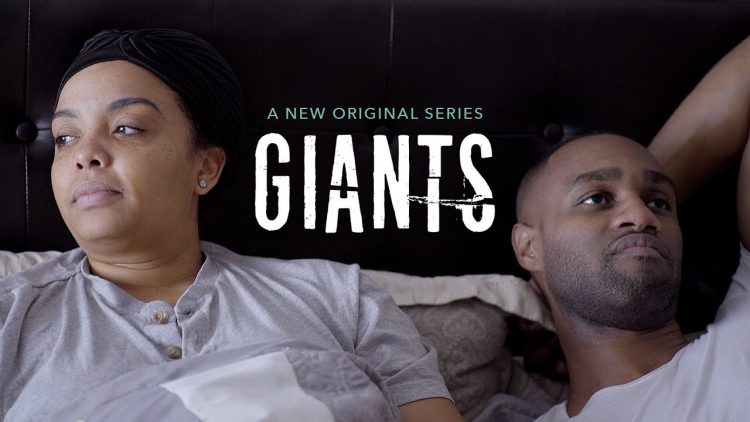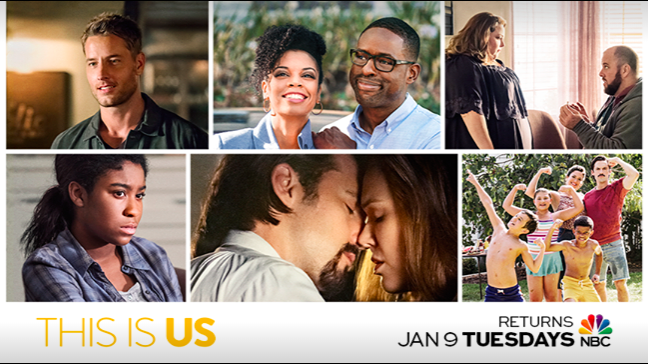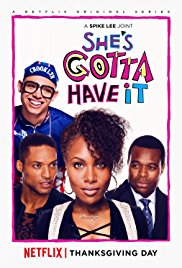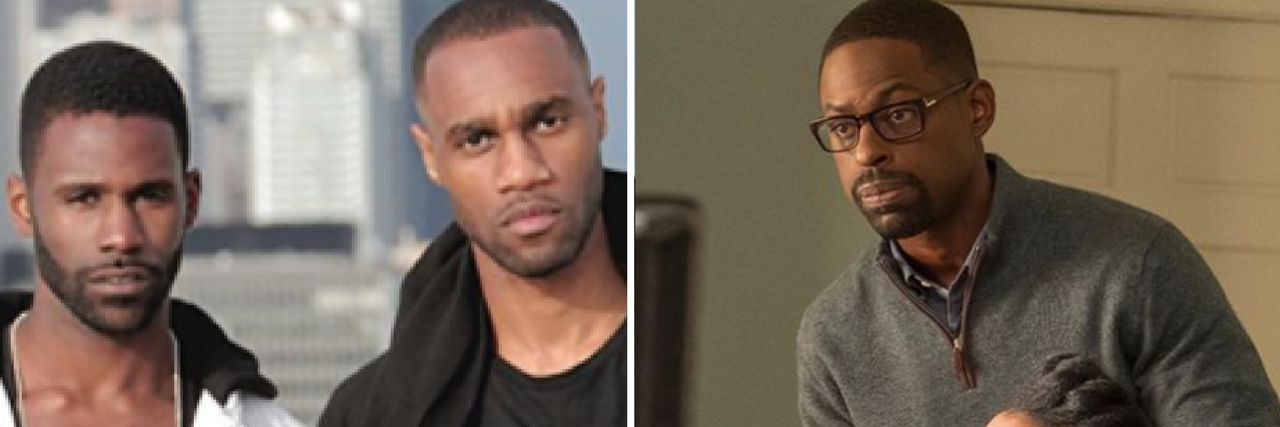As a mental health advocate, suicide survivor and entertainment enthusiast, it brings me great joy to see the direction that black Hollywood is moving in to normalize the mental health conversation. While the stories are fabricated for entertainment purposes, it is necessary to show black characters who struggle with mental illness; how it impacts their life and family and what mental health treatment and recovery look like.
Here are three shows doing a stellar job at pushing the conversation forward:
1. “Giants”

“Giants,” is a series produced by FOX’s “Empire” star Jussie Smollett, HBO’s “Insecure” star Issa Rae and actor, writer and director James Bland. The series follows the lives of three black millennials as they navigate their way through adulthood and battle their own inner giants such as sexuality, religion and mental health. Malachi struggles with the idea of living life a certain way because of his Christian roots. Ade is an engineer graduate student and dancer confronted with exploring and accepting his sexual orientation. Journee struggles with bipolar disorder, a mood disorder associated with episodes of mood swings ranging from depressive lows to manic highs, and can’t hold a job due to her mental illness.
Let’s talk about Journee. Throughout the first season, we see her struggling to get out of bed and the frustration she experiences with explaining her mental illness to her sister and friends. Her sister refuses to acknowledge her mental illness as a real illness and views her as lazy. Everyone in her circle thinks that she can simply “snap out of it” without realizing how debilitating bipolar disorder can be. What I enjoy about the show is that it does not display Journee as violent and “crazy” as Hollywood usually depicts people with mental illnesses. The second season returns in February 2018 on Issa Rae’s YouTube channel.
2. “This Is Us”

“This Is Us” tells the story of siblings Kevin, Randell and Kate as they work to overcome the death of their father and various mental health challenges. Kevin struggles with drug and alcohol addiction and Kate struggles with overeating. Randell is a black male who was adopted into a white family. He struggles with generalized anxiety disorder, a severe and ongoing worry that interferes with daily activities, according to Mayo Clinic. He also deals with racism from his grandmother and is on a hunt to find his biological father.
I want to focus on Randall because it seems to be more socially acceptable for a white person to struggle with a mental illness. We see it in the news on numerous occasions. When a white man commits a crime, America is more likely to give him the benefit of the doubt and assume he is mentally ill, but when a black man commits a crime, he is automatically viewed as a criminal. By showing Randall, a highly successful black man with a mental illness, it reveals that mental illness does not discriminate against race, gender or socio-economic status. As we watch the story unfold, we see how Randall’s anxiety prevents him from sleeping, functioning and working. “This Is Us” returns January 9 on NBC.
3. “She’s Gotta Have It”

“She’s Gotta Have It” is a new Netflix original produced by Spike Lee. During the first season, we are introduced to the beautiful and talented painter Nola Darling, who can’t seem to make up her mind about who she wants to date. And as a result, she decides to date three men and a female. In the series, she is assaulted and we see how it impacts her mental health. After Nola has a discussion with her a friend Clorinda, she provides her with the contact information for a therapist. At first, Nola is hesitant, but after attending a few sessions, she becomes comfortable and agrees to stick with it.
This series shows black women that it’s OK to not be OK and to seek treatment, and it moves us away from the narrative of the strong black woman. Yes, we can carry a lot by ourselves, but that does not mean we have to. By doing so, it increases our risk of developing depression and other mental illnesses. In addition, Nola’s therapist is also a black woman, which provides a level of comfort and connection that she may not have with a non-black therapist. This is not to say that black women can’t make progress with non-black therapists, but I think it helps to have someone who is culturally sensitive and aware that our experiences may be different. I certainly look forward to seeing the evolution of Nola.
We want to hear your story. Become a Mighty contributor here.
Images via Facebook

